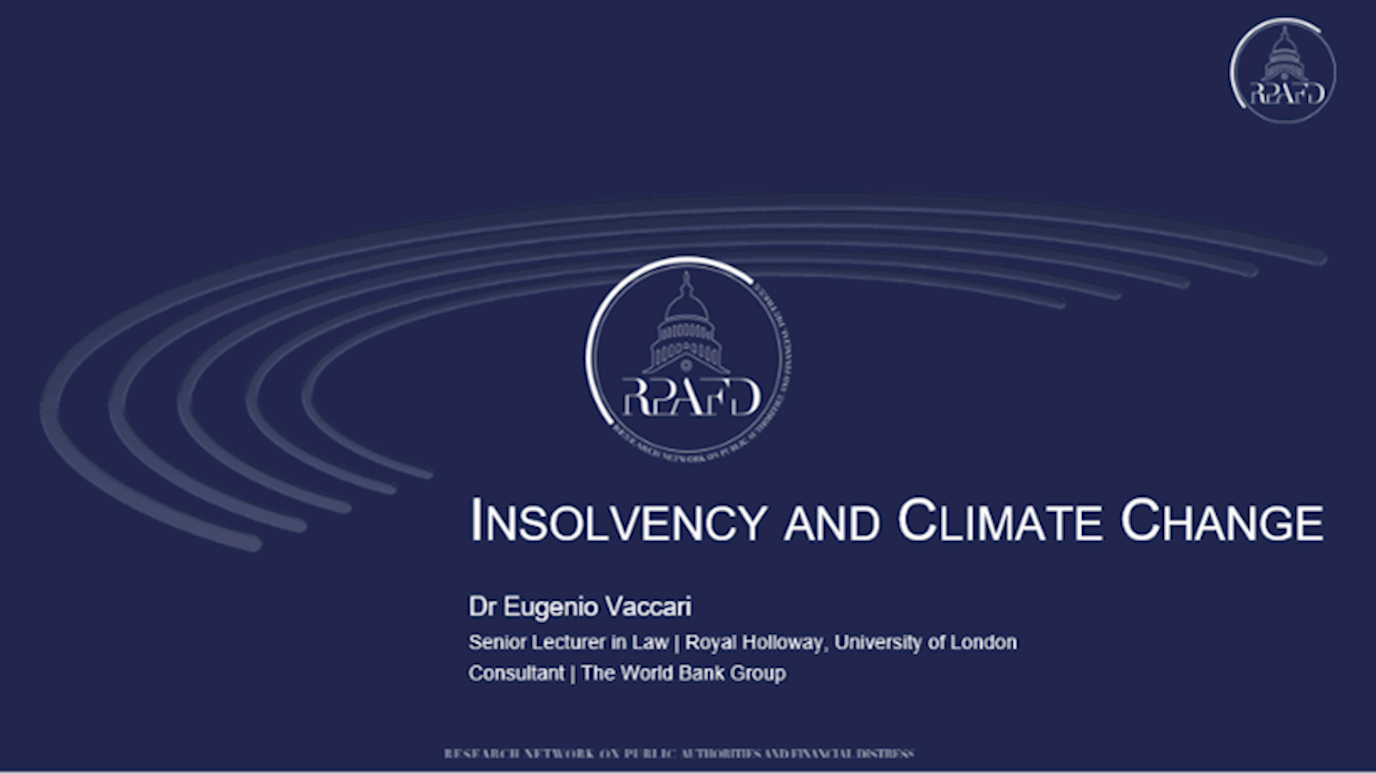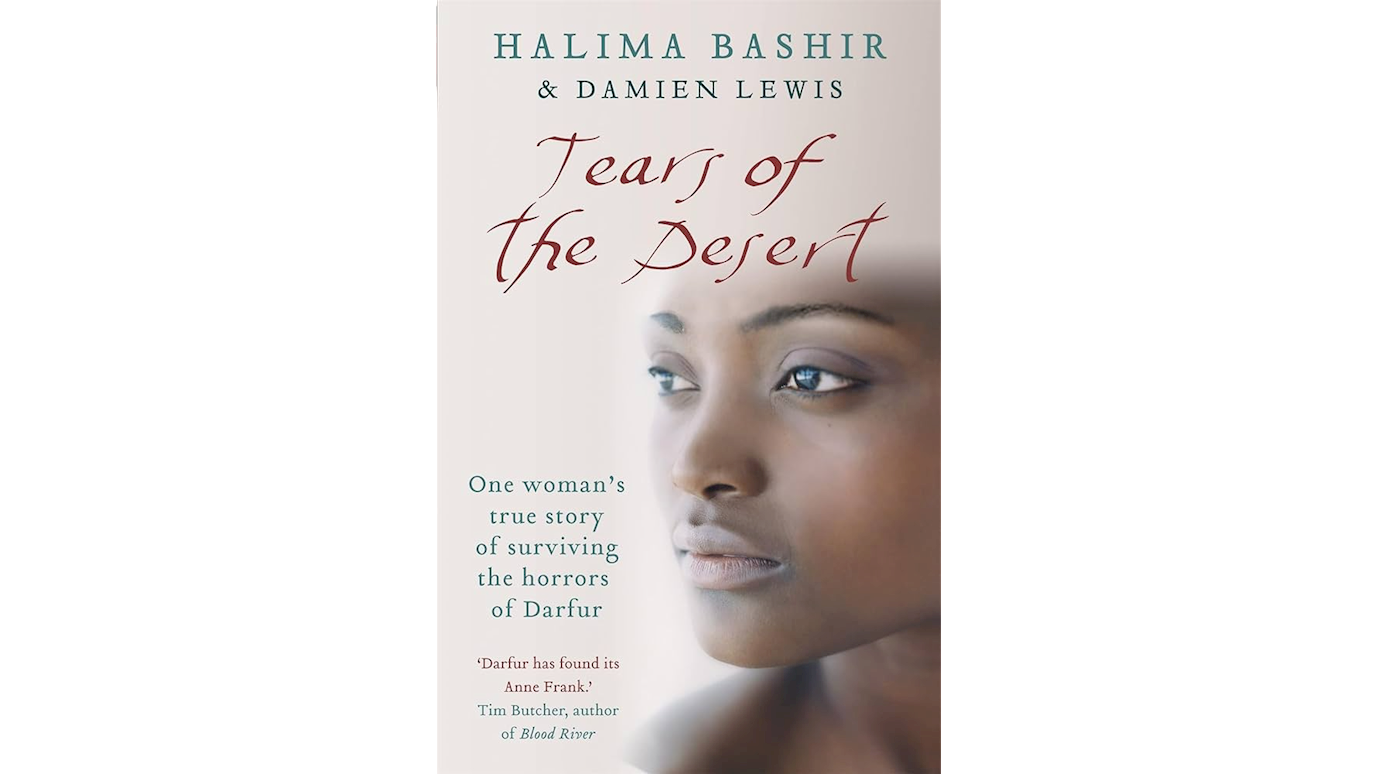Professor Jill Marshall, Professor of Law in the Department of Law and Criminology, delivered the keynote lecture entitled 'The Human Rights of Women in the Future' at Thinking Theory, Research & Practice: the Feminist Politics of Social Justice Conference at the University of Liverpool on 9 and 10 November 2023.

The Conference was jointly organised by four associations:
1. LEX Network: Law, Gender, and Sexuality
2. FRAN: Feminist Legal Research and Action Network
3. VAWGRN: Violence Against Women and Girls Research Network
4. CSEL: Centre for the Study of Emotion and Law.
Jill’s three-part paper analysed 1) International Human Rights Law’s purpose and Feminist Potential; 2) Advances and Regressions for women’s human rights; 3) Possible Futures. Dr Sharron FitzGerald, founder of LEX and scholar at the University of Munich, provided a response, followed by a conversation and questions by Sharron and the audience.
Human Rights law seeks to protect each person globally ‘simply’ because they are human. Its universal reach has potential to transform lives for the better. However, this area of law has been critiqued from progressives, including many feminists, for being too white, male, individualistic and upholding existing power structures. Meanwhile, traditionalists, and the right wing, complain about human rights’ liberal views of life and so-called ‘radical’ agenda. Despite human rights law’s faults, most feminists are reluctant to throw out ‘rights talk’ (Glendon) especially when achieving such rights has been a hard-fought continual battle and can still be ‘so deliciously empowering’ (Williams).
International human rights law expressly recognises the inherent dignity, equality, and rights of everyone based on the ideal of free human beings. To fully realise this aim, Jill argues human rights law should be designed and interpreted with requirements on states to provide social conditions to live a life in community with others, including standards of resources, care, recognition, and security to not only protect us, but also to enable us to form our personalities from birth. She considers how in future legal interpretations of rights could be reimagined to improve the human rights of girls and women. The paper will be published in a forthcoming issue of Gender, Law and Justice, a new journal published by Bristol University Press.
Click here to access the profile of Professor Jill Marshall.
























